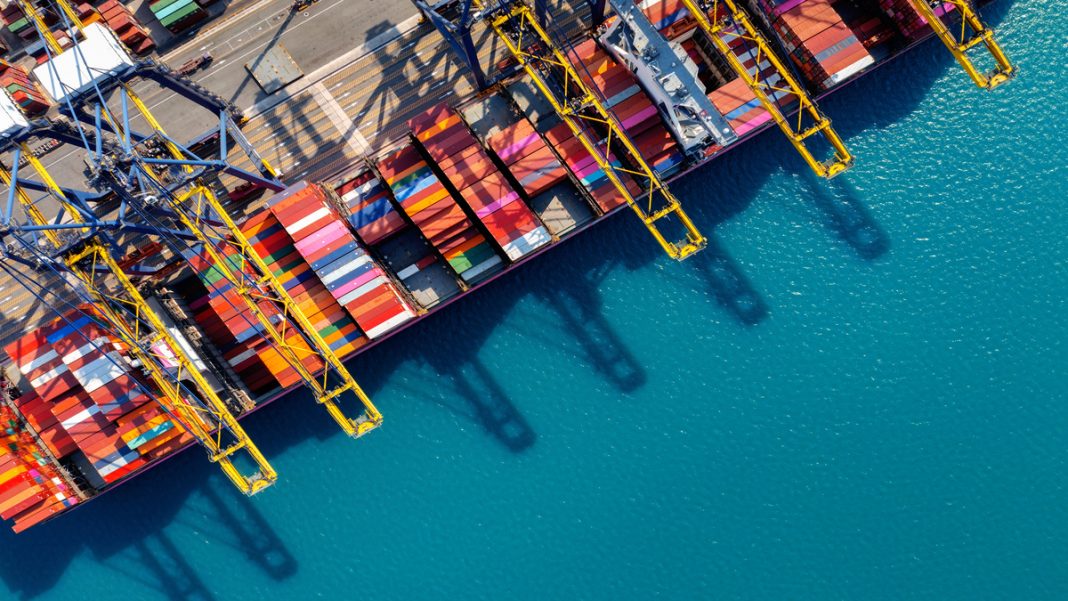SEPANG: Malaysia is ramping up its green efforts by switching from B10 palm-based biodiesel in its port operations to B20 biodiesel as part of a broader plan to reduce greenhouse gas (GHG) emissions by 45% by 2030 and reach net-zero carbon emissions by 2050, Bernama reported, citing Plantations and Commodities Minister Datuk Seri Johari Abdul Ghani.
Mr Johari said the government is targeting nationwide implementation, urging major ports including Penang Port, Port Klang, Johor Port, Tanjung Pelepas Port, and Kuantan Port to start using B20 biodiesel in their operations.
Currently, Malaysian ports are using B10, a mixture of 10% palm-based biodiesel. B20, a blend of 20% palm-based methyl ester (PME) and 80% petroleum diesel, helps the environment by reducing the use of fossil-based fuels and lowering GHG emissions that contribute to global warming.
After the launch of the B20 Use Pilot Project for Ground Service Vehicles and Machinery at the Kuala Lumpur International Airport (KLIA), Mr Johari told reporters that data are being collected to determine operational costs before full-scale implementation. Pilot projects have already been rolled out in Langkawi, Labuan, and Sarawak since 2020, and now KLIA, for its ground service vehicles and machinery.
“This is one of the government’s key initiatives because we’ve made a commitment to the world that we intend to achieve net-zero carbon emissions by 2050,” Mr Johari said, adding that the move also strengthens Malaysia’s position as the world’s second-largest producer of palm oil.
He said the project is a joint effort by the Malaysian Palm Oil Board (MPOB), Petronas Dagangan Bhd, Malaysia Airports Holdings Bhd (MAHB), and Syarikat Teras Kembang Sdn Bhd. Petronas is supplying the B20 biodiesel, MAHB is running airport operations, and Syarikat Teras Kembang is in charge of supplying B20 to ground service vehicle operators and machinery at KLIA.
Mr Johari called the launch a “historic milestone”, saying it marks the first time B20 biodiesel is being used in the ground service or industrial sector at Malaysian airports. /TISG
Read also: Green promises, grey realities: Is Singapore’s sustainability agenda working?

